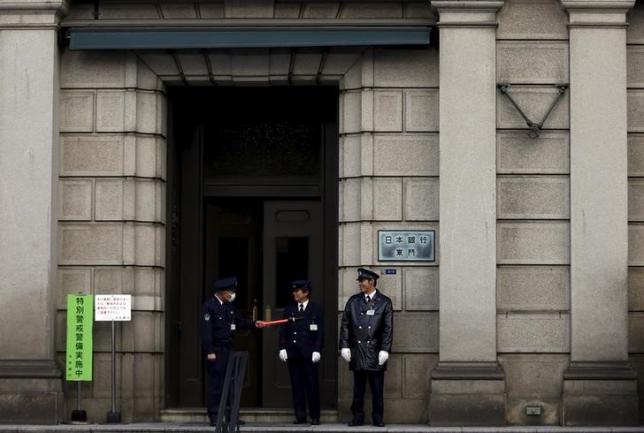An advisor to the Japanese Prime Minister has disclosed that the G20’s agreement that monetary policy alone cannot lead to a balanced growth, does not in any way impose restrictions on the Bank of Japan’s ability to expand its policy of negative interest rates.
During an interview, Masahiko Shibayama, said that the Bank of Japan should calmly study the impact of its policy of negative interest rates, which came into effect last month, for deciding its future course.
He went on to add that it is currently too early to discuss any additional budgetary stimulus package for the next financial year. However, the government may have to look at means of accelerating structural reforms in order to secure stronger, more sustainable economic growth.
During a summit meeting over the weekend, G20 countries had decided to make extensive use of structural reforms and fiscal policies in order to bolster more sustainable growth. This has sent a strong message to policymakers that in the past they have put too much weight on unconventional monetary policies.
In the wake of this message, a few economists had said that the Bank of Japan could face criticism over its policy of aggressively pursuing negative interest rates.
"The G20 statement does not place any new restrictions on BOJ policy," said Shibayama.
He went to add, "I hope the BOJ calmly analyses the impact negative interest rates have had, which should feed into their decision about the next steps to take."
During an interview, Masahiko Shibayama, said that the Bank of Japan should calmly study the impact of its policy of negative interest rates, which came into effect last month, for deciding its future course.
He went on to add that it is currently too early to discuss any additional budgetary stimulus package for the next financial year. However, the government may have to look at means of accelerating structural reforms in order to secure stronger, more sustainable economic growth.
During a summit meeting over the weekend, G20 countries had decided to make extensive use of structural reforms and fiscal policies in order to bolster more sustainable growth. This has sent a strong message to policymakers that in the past they have put too much weight on unconventional monetary policies.
In the wake of this message, a few economists had said that the Bank of Japan could face criticism over its policy of aggressively pursuing negative interest rates.
"The G20 statement does not place any new restrictions on BOJ policy," said Shibayama.
He went to add, "I hope the BOJ calmly analyses the impact negative interest rates have had, which should feed into their decision about the next steps to take."















